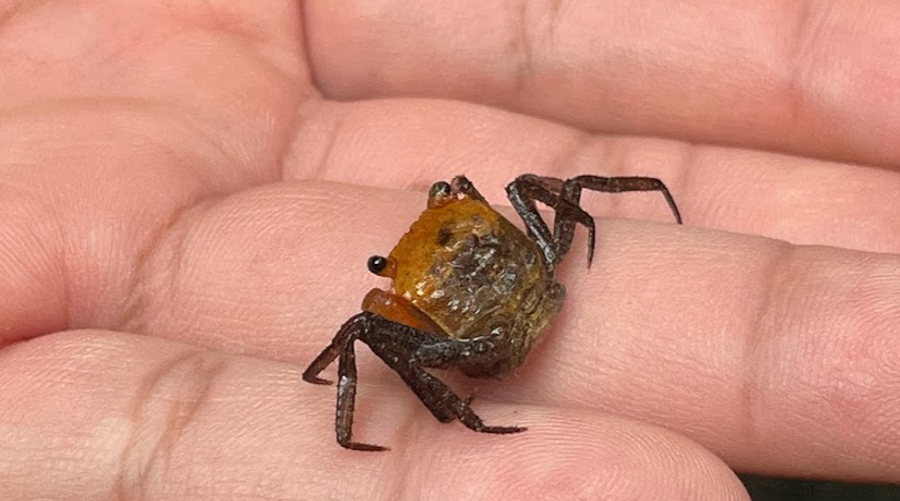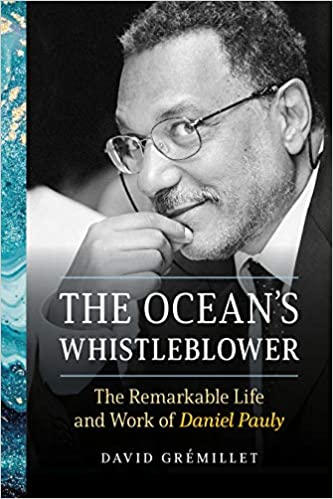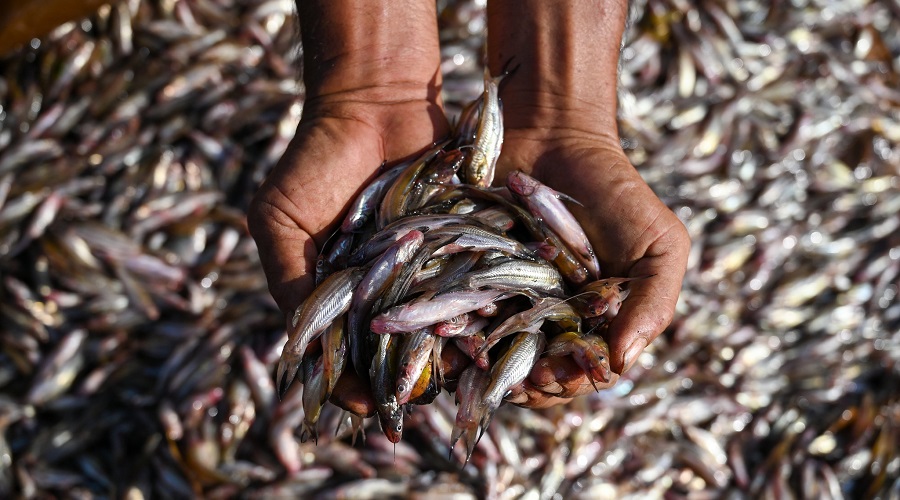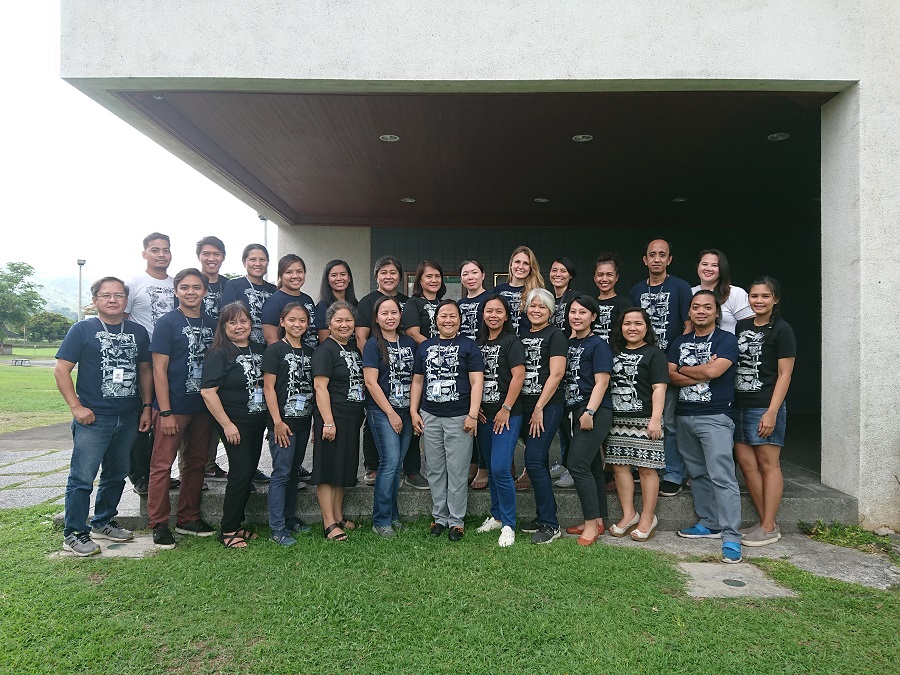By Daniel Pauly
In early September 2022, I found myself on the island of Penang, Malaysia, where WorldFish, an international research center focusing on tropical fish culture, is headquartered. WorldFish is the new name of the International Centre for Living Aquatic Resources Management (ICLARM), previously located in Manila, the Philippines, of which I was a staff member from 1979 to 1994, and a consultant for five more years. The occasion was the annual meeting of the FishBase Consortium, whose members ensure that FishBase and related databases and products remain up to date and relevant to multiple constituencies worldwide.




 Two years after the release of
Two years after the release of 



